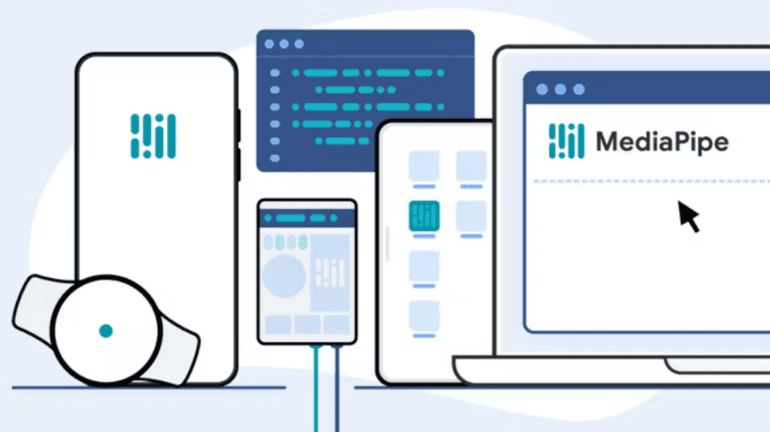TL;DR:
- Google introduced MediaPipe for Raspberry Pi, a Python-based SDK for on-device machine learning (ML) tasks.
- The SDK includes examples of audio classification, text classification, and gesture recognition.
- MediaPipe Solutions, launched in May, now supports Raspberry Pi with a focus on simplicity and accessibility.
- Performance varies across Raspberry Pi models, with optimal results on the Pi 4 and Pi 400.
- Quick-start guide facilitates SDK setup and local model storage for ML development.
Main AI News:
In a strategic move that bridges cutting-edge technology with accessible development, Google has introduced MediaPipe for Raspberry Pi, an ingenious Python-based software development kit (SDK) tailored to expedite machine learning (ML) tasks. This innovative toolkit includes illustrative instances for diverse functions like audio classification, text classification, and gesture recognition, marking a new era of simplified on-device ML implementation.
Paul Ruiz, Google’s adept developer relations engineer, delves into the pivotal release: “We introduced MediaPipe Solutions back in May, a suite of tools catering to no-code and low-code solutions for prevalent on-device ML functions across Android, web, and Python.” The launch continues with an announcement that the iOS SDK’s inaugural version has seen the light of day, accompanied by an upgraded Python SDK expressly designed to seamlessly integrate with the Raspberry Pi.
The roots of MediaPipe Solutions trace back to a preview phase in the preceding December, culminating in a grand unveiling at Google I/O in May. This innovative framework aspires to empower developers engaged in on-device machine learning endeavors. Its most recent advancement bestows official compatibility with the Raspberry Pi lineup of single-board computers. However, it’s noteworthy that performance benchmarks will fluctuate depending on the specific device, reaching peak efficiency exclusively on the Raspberry Pi 4 and Raspberry Pi 400 models.
Ruiz illuminates the initial steps in harnessing this breakthrough: “From configuring your Raspberry Pi hardware to accommodate a camera, you initiate the journey by installing the essential MediaPipe dependency. Supplement OpenCV and NumPy if they’re not already at your disposal.” A succinct guide then walks users through crafting a fresh Python script, complete with the requisite imports. Crucially, local storage of an [ML] model on your Raspberry Pi is integral to the process.
The launch of MediaPipe for Raspberry Pi underscores Google’s dedication to democratizing machine learning. The SDK serves as a beacon of convenience, enabling practitioners to swiftly implement ML functionality on-device. From audio and text classification to the nuanced art of gesture recognition, the possibilities seem endless.

Published examples include object detection (pictured), facial landmarking, and classification of images, audio, and text. Source: Google
Conclusion:
The launch of MediaPipe for Raspberry Pi, accompanied by a Python-based SDK, heralds a significant stride in democratizing on-device machine learning. Google’s concerted efforts to provide no-code and low-code solutions, spanning Android, web, and Python, present a promising avenue for developers. As the technology steadily matures and gains compatibility across Raspberry Pi models, the market can anticipate an influx of innovative ML applications and a heightened emphasis on localized AI capabilities.

